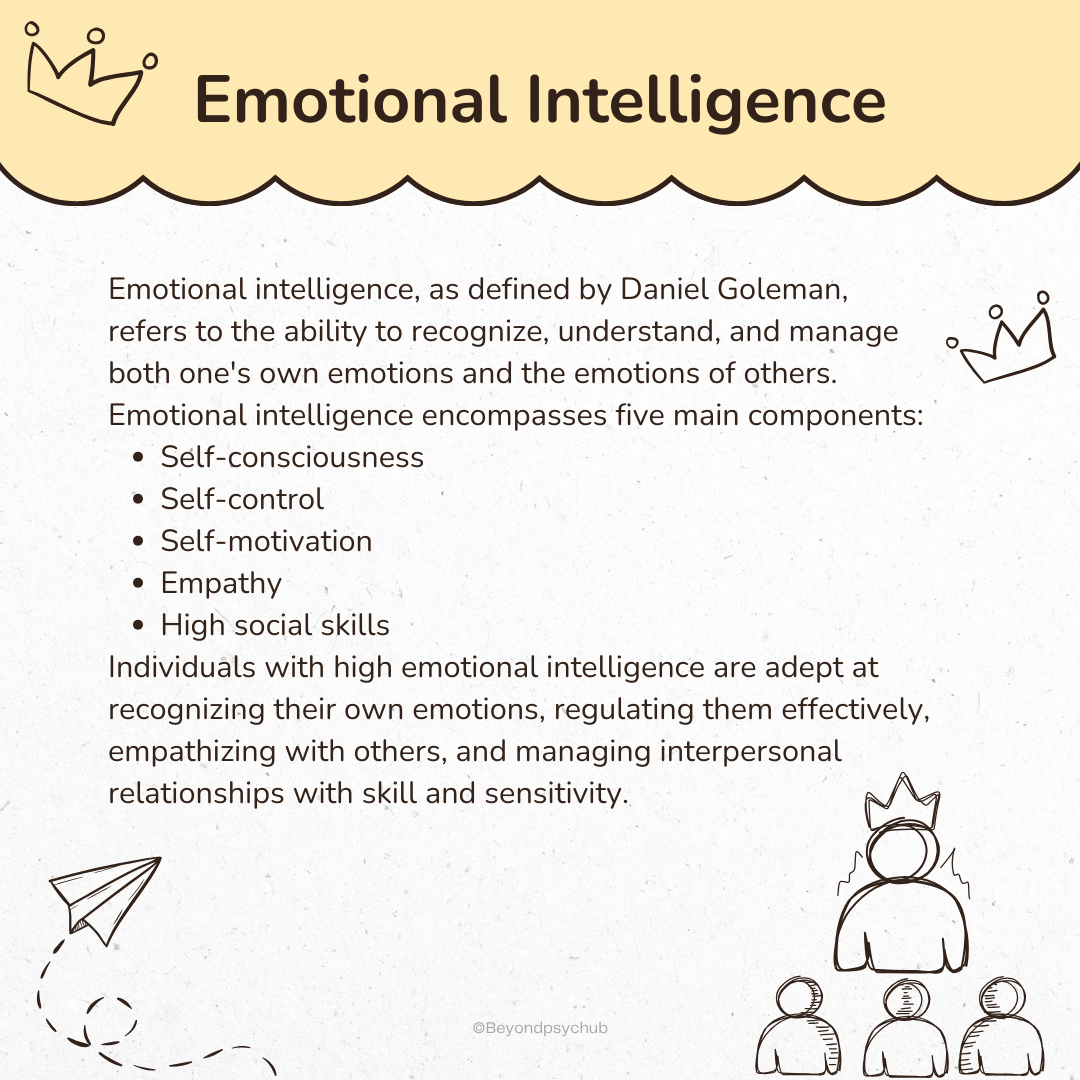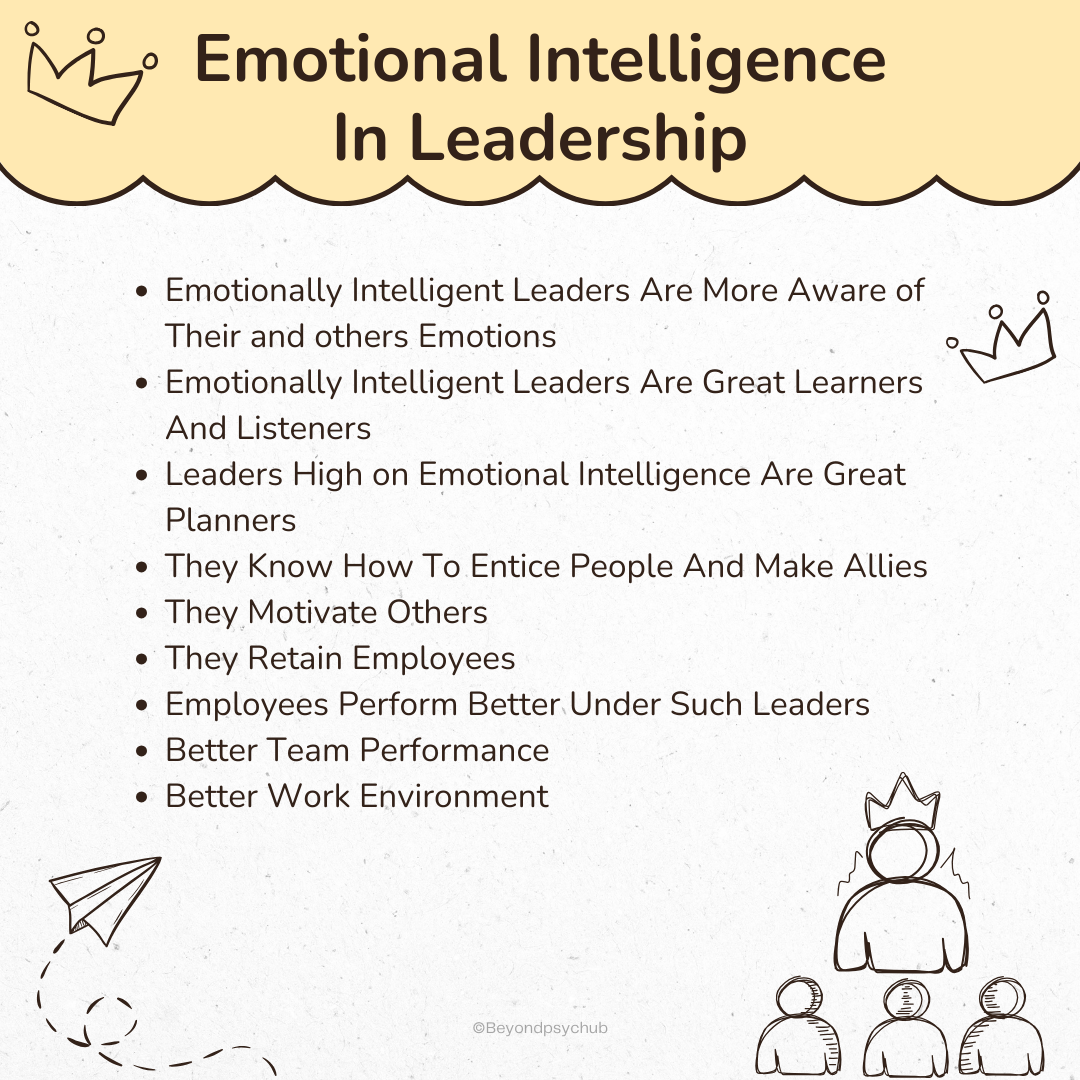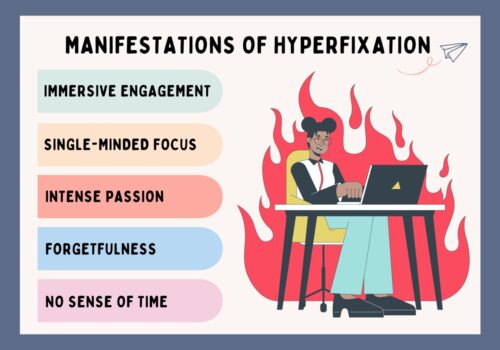The idea of emotional intelligence came into vogue in the 1990s. It took some more years before the concept got rooted in the masses like its more famous predecessor, the intelligence quotient, or IQ. Emotional intelligence is a more grounded and humane assessment of an individual’s personality. Humans are nothing if not emotional. So, this concept is now ruling the roost, and it has wide-ranging implications in the corporate and real-world. Let’s see why it is so indispensable for today’s leaders.
What is Emotional Intelligence?
Emotional intelligence, also referred to as an emotional quotient, is the ability to understand and manage one’s own emotions and to influence the emotions of others (Goleman, D. (2020). Emotional intelligence.). He can quickly identify, interpret, understand, manage, and control his feelings. In other words, he maintains his emotions, not the other way around. Emotional intelligence components are as follows:
- Self-consciousness
- Self-control
- Self-motivation
- Increased empathy for others
- High social skills
A person who possesses all of the above traits in abundance in his personality is highly emotionally intelligent. We do not need to emphasize these components of emotional intelligence here.

We shall see how far they impact the thinking of a business leader and why they are so essential for him anyway. So, let’s begin.
1. Emotionally Intelligent Leaders Are More Aware of Their and others Emotions
A key component of emotional intelligence is self-regulation of one’s emotions. Emotionally Intelligent Leaders knows how they will react in a situation and how to defuse a potentially dangerous atmosphere. He plays according to the strengths and weaknesses of his employees and, therefore, can extract optimal performance from them.
2. Emotionally Intelligent Leaders Are Great Learners And Listeners
An emotionally stable business leader will never stop learning. Every day is a new learning day for him, and he never stops taking lessons from everyone around him. He is learning because he is open to learning, and learning entails listening. If you cannot listen, you cannot learn. It is as simple as that. Listening and learning endear them to their colleagues and employees. He garners their respect and becomes their inspiration.
3. Leaders High on Emotional Intelligence Are Great Planners
Only a self-aware and self-controlled person can think ahead. He is calm and collected and is sorted in every way. He can plan and think of the future in ways that an emotionally unstable person can’t. He will be too caught up in his mind games to think of the future, but an emotionally stable person can plan, which is an admirable trait for all business leaders. They must move forward and prepare for tomorrow.
4. They Know How To Entice People And Make Allies
Thanks to their excellent people management and social skills, they can win friends in no time. They have this ability to come down to the level of the person they are talking to and build a personal equation. They have the knack of getting out of any knotty situation with maximum incentives for themselves. Such traits are an asset in the fiercely competitive corporate world.
5. They Motivate Others
Only an emotionally stable person can inspire any other person. That is what a person with a high level of emotional intelligence does. He inspires, encourages, uplifts, and motivates others around him. He knows the importance of motivation and values, and other humans, too. He knows everyone has their special place, so he needs to take everyone with him for the overall goodness of the organization.
6. They Retain Employees
There can be many reasons behind this, like the respect emotionally intelligent leaders give to others, increased empathy, an uncanny ability to listen compassionately and understand, or other such factors. But, the fact remains that emotionally stable leaders can control the employee turnover ratio in their organizations.
7. Employees Perform Better Under Such Leaders
It is also a no-brainer; an employee would perform better when his superior encourages and motivates him all the time. He will be doing his work without any emotional strain and with a peaceful mind. These factors would automatically bring out the best in him. There is credible research on this aspect with very positive results in favor of emotionally intelligent leaders.
8. Better Team Performance
An organization is as much about an individual’s performance as well as a group or team’s performance. Who better to lead a team than someone who is in harmony with his emotions and knows the power of empathy and compassion? According to an organizational survey, 74% of the employees demanded a more empathic manager to work under. So, the importance of an emotionally composed manager cannot be discounted.
9. Better Work Environment
Naturally, all such factors contribute to a healthy and productive workplace where everyone can work to the best. It will keep their motivation level high, and they will give their best to the organization’s goals and objectives.
That wraps up our topic of the connection between emotional intelligence and leadership. We have amply demonstrated why emotional intelligence is crucial for business leaders and how positively it contributes to organizational culture.

















